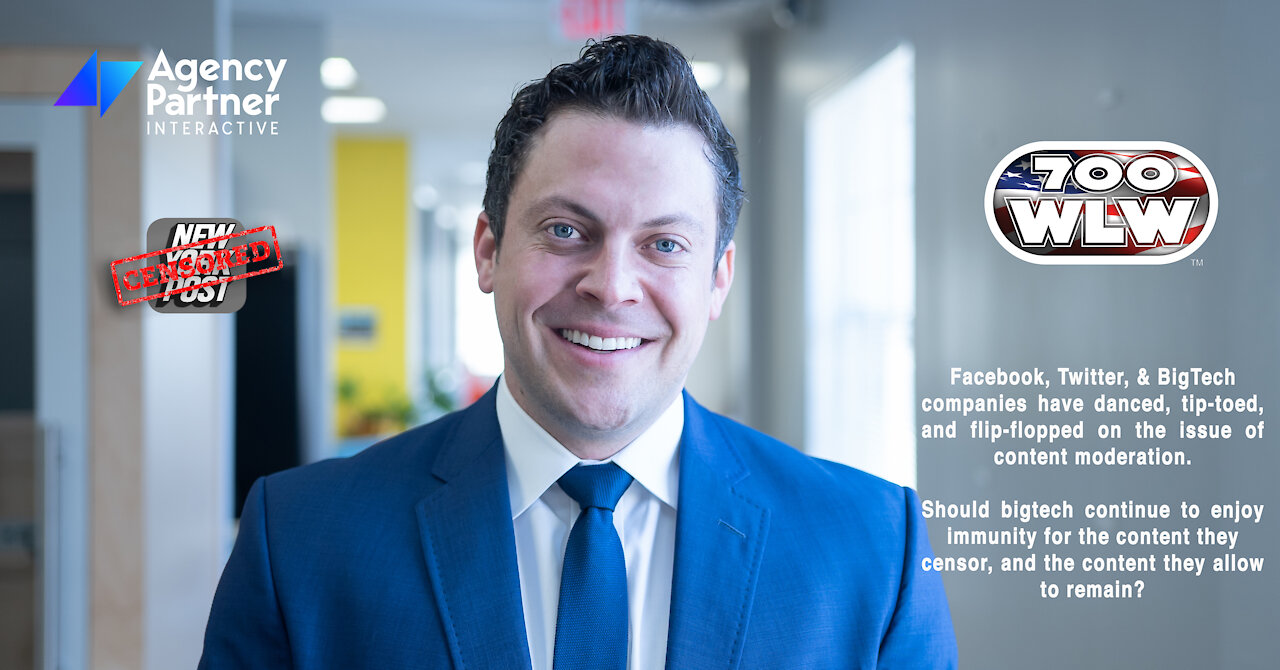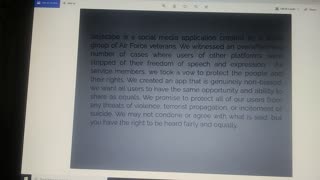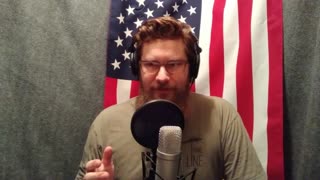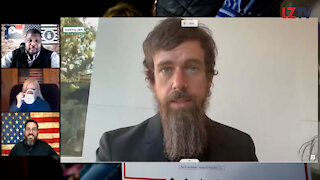Premium Only Content

Social Media, Censorship, and Hunter Biden - Adam Rizzieri on WLW Radio Cincinnati Oct 17 2020
Social media companies have danced, tip-toed, and flip-flopped on the contentious issue of content moderation in the past week. Here were the biggest developments:
Wednesday: Twitter locked the NY Post’s account and blocked users from sharing an article the Post wrote about Joe Biden’s son, Hunter. The company said the article contained hacked materials; Facebook also took steps to limit the distribution of the article because it could potentially contain misinformation.
Thursday: Twitter doubled down and temporarily locked the official Trump campaign account for trying to share the Post article. YouTube also announced new policies designed to limit the sharing of “conspiracy theory content used to justify real-world violence”—primarily aimed at the QAnon conspiracy theory.
Friday: In its best Tony Hawk impression, Twitter pulled a 180 on the NY Post article, allowing users to share it and changing the policies it used to block the article.
The rule at the center of it all:
Section 230 of the Communications Decency Act. The controversial law that grants social media platforms sweeping protection from user-generated content is in the spotlight again after Supreme Court Justice Clarence Thomas said last week that the court should look for the right case to begin scaling it back.
While there's bipartisan support for reform, the differing motives behind each party’s distaste for Section 230—Republicans claim the law allows these platforms to exhibit anti-conservative bias, while Democrats say it doesn’t do enough to limit hate-speech—make it unlikely any legislation will be passed before the election.
Bottom line: With Election Day just over two weeks away, the role of social media in America’s democratic process has become one of the defining issues of the campaign.
How should social media platforms navigate this?
To learn more, visit www.AgencyPartner.com
-
 29:29
29:29
laci
4 years ago $2.60 earnedSocial Media Censorship
3.23K -
 5:32
5:32
The Charlie Kirk Show
4 years agoHUNTER BIDEN MEDIA SUPPRESSION SCHEME INFLUENCED ELECTION
17.7K28 -
 2:03
2:03
Sean Hannity
4 years agoMontage of Media Suppression of Hunter Biden Story
61.1K62 -
 4:04
4:04
The Political Error Podcast
4 years agoTrump, COVID-19 and social media censorship.
4.29K3 -
 4:48
4:48
dsinisi
4 years ago $2.63 earnedThe Media Shield For Hunter Biden
2.37K4 -
 6:53
6:53
The Civilian Intelligence Agency
4 years ago $2.00 earnedFreedom of Speech - Social Media Censorship
2.94K32 -
 14:13
14:13
Joe Pags
4 years agoSocial Media Censorship -- It's Real!
6.23K -
 4:47
4:47
The Wayne Dupree Show
4 years agoSocial Media Censorship in the United States
1.35K3 -
 40:36
40:36
State of the Second Podcast
17 hours agoWhy Training Is an Investment in Your Life (ft. Tre’Von Barber)
3.57K -
 1:03:43
1:03:43
Dialogue works
1 day ago $2.74 earnedCol. Larry Wilkerson: Warning Signs Everywhere: U.S. on the Verge of Disaster
21.7K11